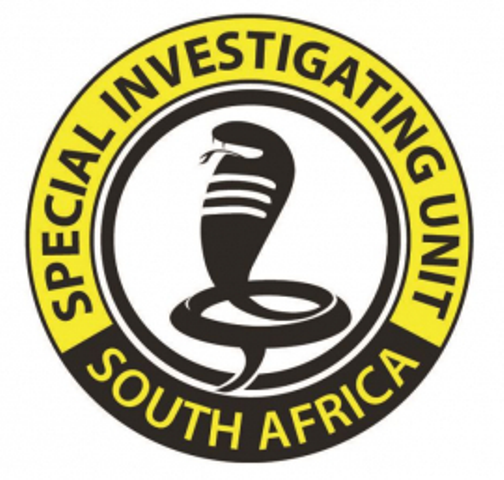SIU Uncovers R2 Billion Corruption Syndicates at Tembisa Hospital in Gauteng
Presenting the SIU’s interim report at Tembisa Hospital, SIU Head Advocate Andy Mothibi described the findings as a staggering betrayal of public trust.

- Country:
- South Africa
The Special Investigating Unit (SIU) has revealed shocking findings of systemic corruption at Tembisa Hospital, exposing three coordinated syndicates responsible for looting more than R2 billion intended for healthcare services. The revelations highlight how funds earmarked for the most vulnerable patients were siphoned through fraudulent procurement schemes, front companies, and corrupt officials.
A Deeply Entrenched Web of Corruption
Presenting the SIU’s interim report at Tembisa Hospital, SIU Head Advocate Andy Mothibi described the findings as a staggering betrayal of public trust.
“This staggering sum, intended for the provision of healthcare to the most vulnerable, was instead ruthlessly siphoned off through a complex web of fraud and corruption, representing an egregious betrayal of the nation's trust,” Mothibi said.
The investigation, which began in September 2022 following a referral from the Office of the Premier, has involved a forensic analysis of 2,207 procurement bundles. The SIU uncovered irregularities implicating key officials from the Gauteng Department of Health (GDOH) and Tembisa Hospital, who are alleged to have facilitated irregular appointments of service providers, benefitting from kickbacks disguised as procurement contracts.
Syndicates Identified
The SIU has so far identified three major syndicates:
-
Maumela Syndicate – linked to businessman Hangwani Morgan Maumela.
-
Mazibuko Syndicate – linked to Rudolph Mazibuko.
-
X Syndicate – still under investigation, with multiple fronts involved.
Maumela Syndicate
-
1,728 bundles worth R816 million under review.
-
924 analyses completed, exposing significant procurement irregularities.
-
41 suppliers linked to Maumela, including three companies tied to Vusimuzi Matlala, which were awarded contracts worth R13.5 million.
Mazibuko Syndicate
-
651 bundles valued at R283 million reviewed.
-
392 analyses completed, uncovering assets worth R42.6 million, including properties in Gauteng and the Western Cape.
X Syndicate
-
Currently under review: 1,237 bundles worth R596 million.
-
Investigations ongoing into front companies and laundering mechanisms.
Broader Corruption Beyond the Syndicates
In addition to the three main syndicates, the SIU also uncovered other networks looting millions through similar schemes at the hospital. The evidence revealed R122 million in corrupt payments linked directly to officials and employees of both GDOH and Tembisa Hospital.
At least 15 current and former officials – ranging from entry-level clerks to senior managers – have been implicated in corruption, money laundering, collusion, and bid-rigging.
Disciplinary and Legal Action
The SIU has prepared 116 disciplinary referrals against 13 officials, with 108 referrals already submitted to the Gauteng Department of Health. These cases focus on maladministration and irregular service provider appointments.
Mothibi stressed that the number of implicated officials and service providers is likely to increase as investigations continue, with 207 service providers already under scrutiny across 4,501 purchase orders (POs) – each structured to mimic a legitimate three-quote procurement process.
Government’s Response
Health Minister Dr Aaron Motsoaledi, addressing the media, expressed outrage at the findings. He emphasized that the corruption could not have been executed without the active participation of corrupt officials within both the hospital and the Gauteng Health Department.
“Whistle blowers must be protected and those involved in corruption must be removed from society,” Dr Motsoaledi said, reaffirming government’s resolve to hold perpetrators accountable.
Looking Ahead
The Tembisa Hospital scandal underscores the scale of systemic corruption within South Africa’s healthcare system and the devastating impact on service delivery. The SIU’s ongoing investigation aims to recover stolen funds, prosecute offenders, and enforce stricter accountability mechanisms in public healthcare procurement.
As the probe widens, the revelations are expected to spark further disciplinary action, asset seizures, and criminal prosecutions, offering a critical test of South Africa’s anti-corruption resolve.










